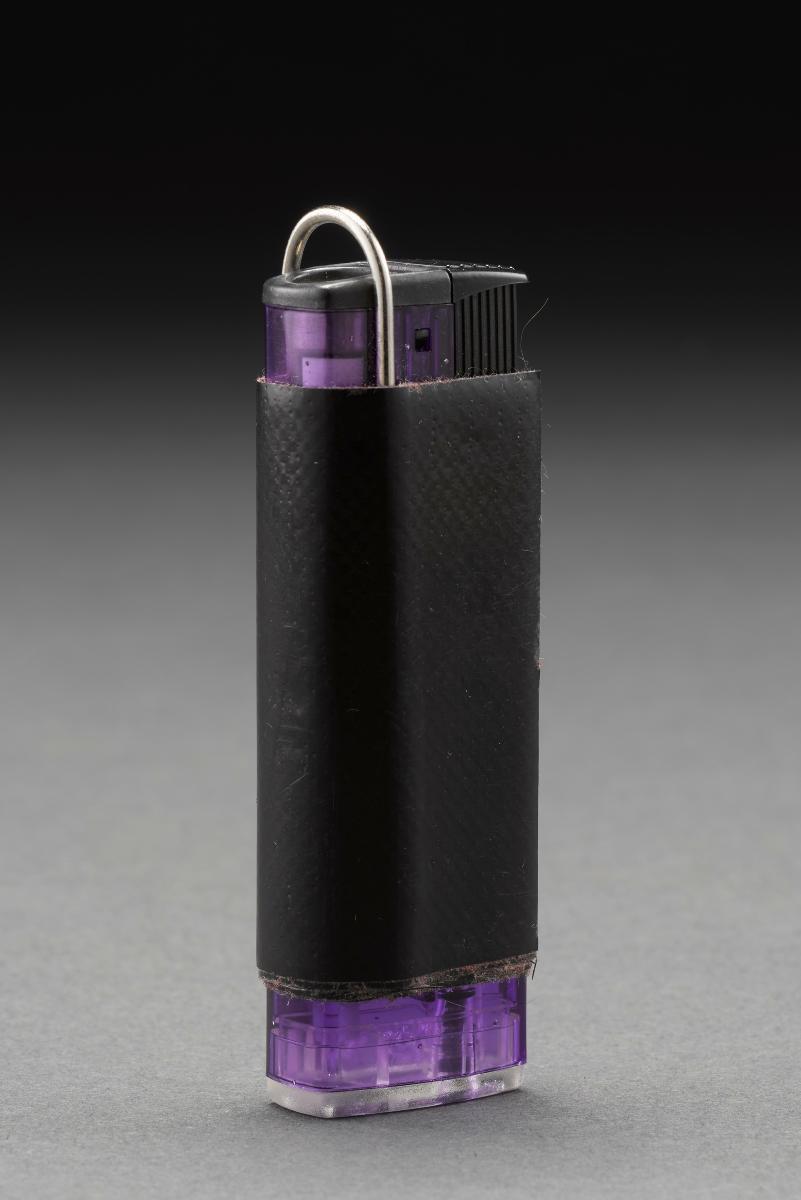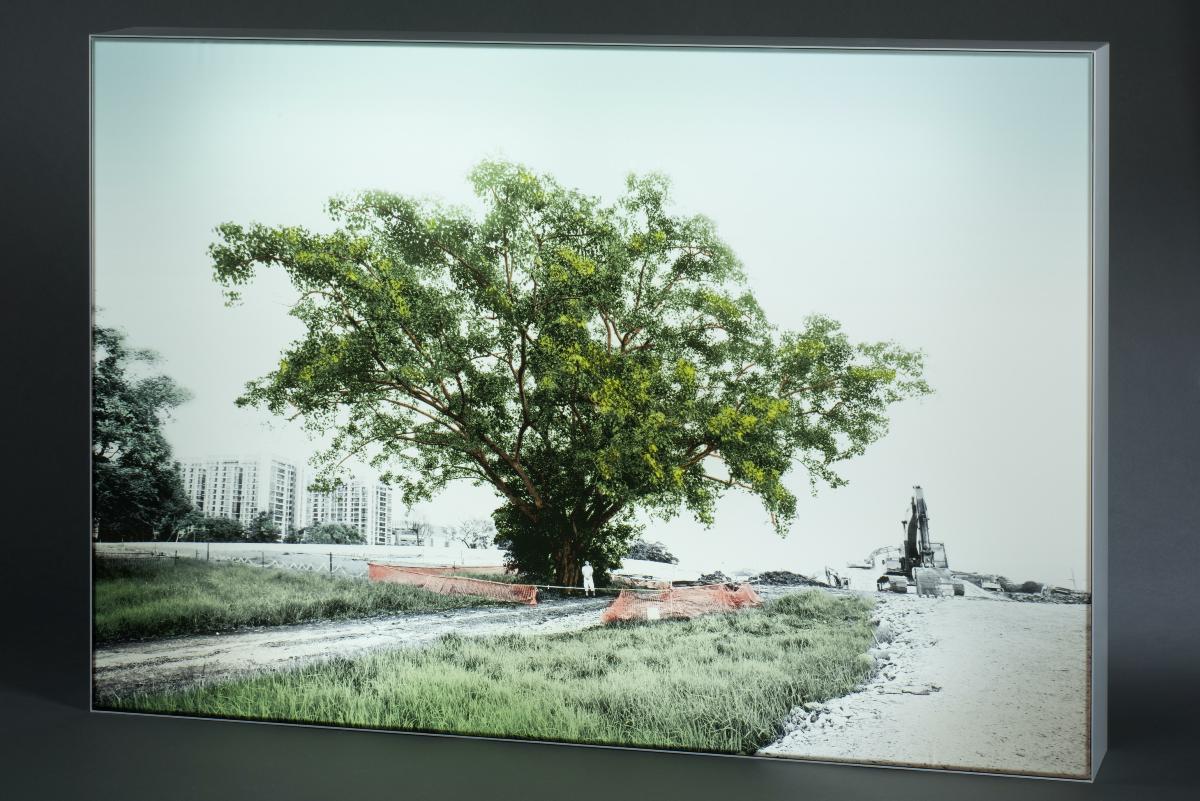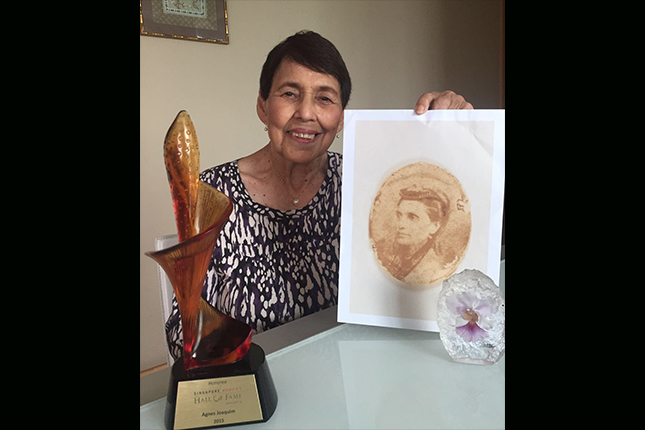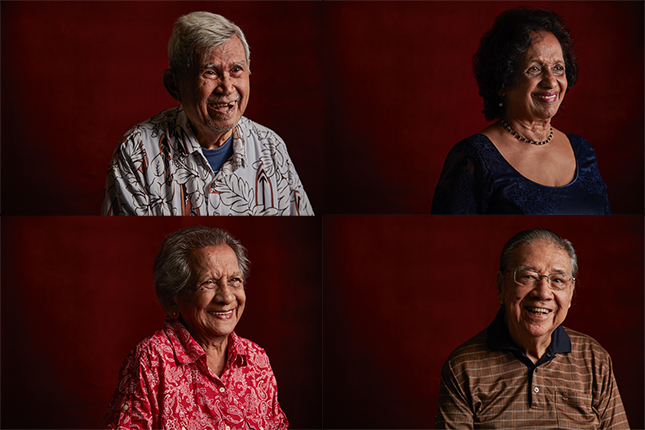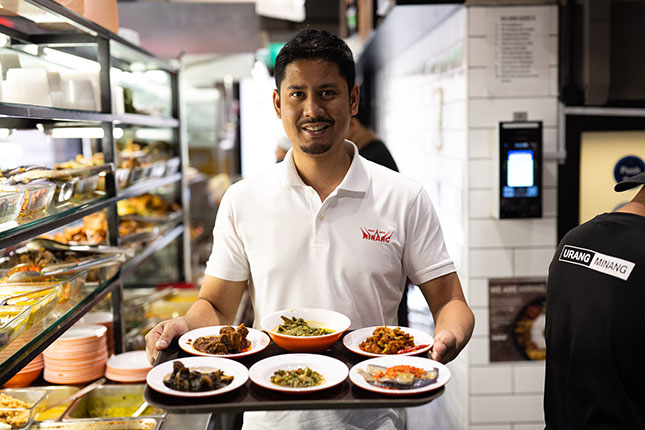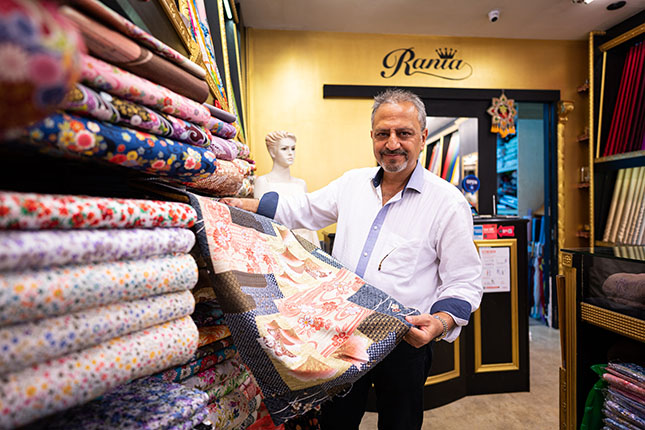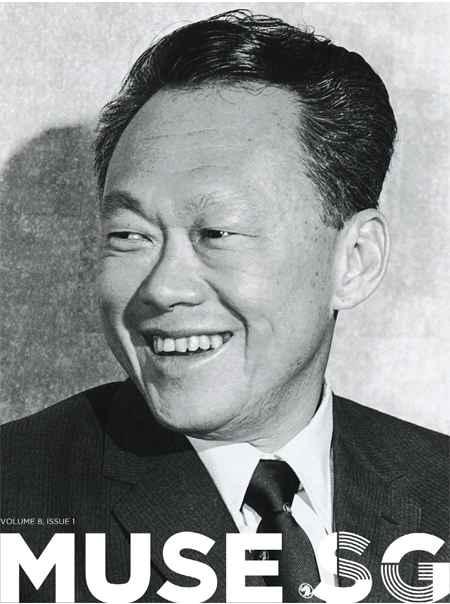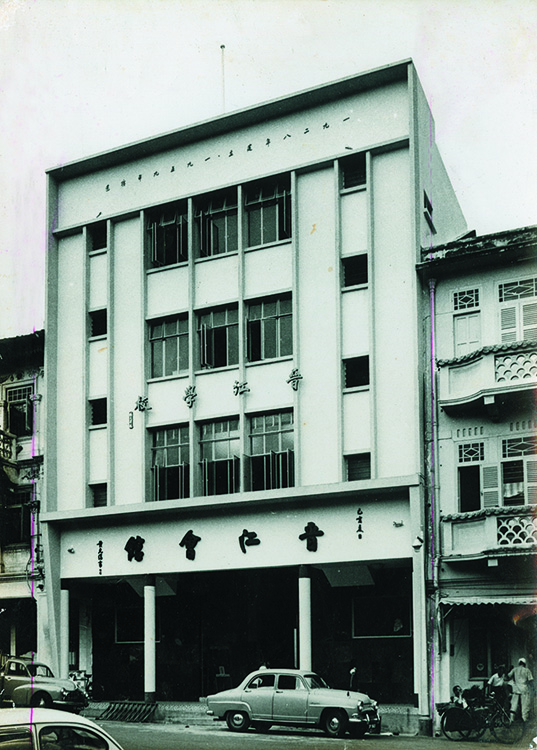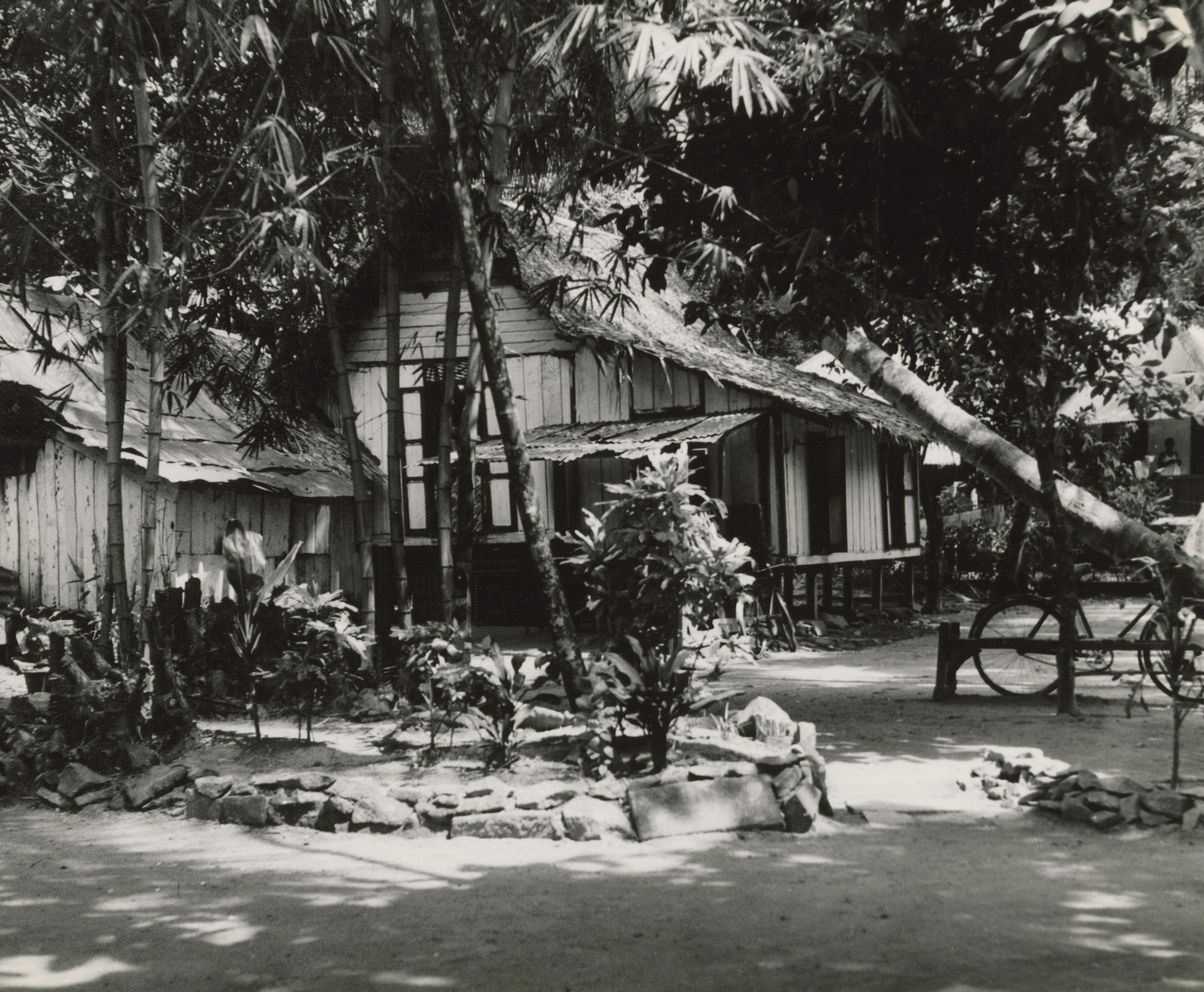Hazel Locke recalls vivid scenes of the war reaching Singapore decades ago when she was a young woman.

When World War II began, on 8 December 1941, I was at a cinema called the Alhambra opposite Raffles Hotel. Suddenly, on the screen there was a news flash. Japan had declared war.
Singapore was not affected at the beginning. People went about their business as I did, going to work at Cold Storage till the time came when bombs were falling in parts of Singapore. Orchard Road was probably the first area to be hit.
The “10-cent shops” — where everything cost 10 cents — were very popular with the people. The shops were operated by the Japanese. Before the war, all the shops “disappeared” (closed down), which led to word getting around that the shop keepers were spies.
At my workplace
I was at work manning the switch board, when two bombs hit the Cold Storage building. One fell on a corner of the supermarket. The other hit the sausage and kitchen department, which was separated from the supermarket by a garage that housed the delivery vans. One of the two bombs hit a pipe releasing ammonia that was so thick on the ground, that we all scrambled up a spiral staircase to get to the top of the building to fresh air.
At the time, I was in the midst of all the scrambling. I remember going up the spiral staircase with the rest of the people. I heard someone tell us to try and find a hanky or any other cloth, to wet it and cover our noses and mouths with it. It was better when we reached the top. I am glad to say no one was injured.
Going back a bit, before bombs fell, we (the girls in the order department) had been told to stay at our positions by the manager, Mr Fincher, till he gave the go ahead to take cover. When he told us to go for cover, I was at the switch board and was told to ring the sausage and kitchen department where there were three workers who had also been told to stay in their positions till they got the order to take cover.
I remember ringing non-stop, but no one picked up the phone. Mr Fincher was getting very anxious and came back again and again, but saw that I was still trying to get someone to answer. He then told me to go for cover. But, after trying for so long, I was not prepared to give up. I gave one last ring, and this time someone picked up the phone, and I shouted at him to take cover, just in time before a bomb hit the building.
Luckily, in that raid no one was hurt.
Last-minute decision
Another important story was how lucky my mother, sister, youngest brother, and I were to escape the Japanese occupation of Singapore. At first, my family had no plans to leave Singapore, but my late Uncle Basil Johannes came to our house on the 6th of February, in the late evening at about 6 o’clock, and told my father off about not doing anything to get us away. It was a last-minute decision, so much so that all my mother could do was to gather some clothes and put them in a sheet to carry on board.
Thinking back, I never questioned how my father and brothers, Osbert and Balfour, managed to get us to the wharf. We were living in a shop house at Serangoon Road, and there must have been a problem getting a taxi that was operating during the curfew because it was hours before we arrived at the wharf.
All I knew was that my brother Balfour, with a torch in hand shining on the road so that the taxi driver could see, was running alongside the taxi. It was pitch dark because of the curfew. It was quite a miracle that a taxi driver was willing to take us to the wharf during the curfew. My father had made all the arrangements as he and my elder brother were immigration officers and were waiting for us at the port gates.
I never found out how my father and brothers returned home.
The British government had sent ships to evacuate women and children who wished to leave Singapore. My mother, carrying clothes bundled in a white sheet, and the three children were among the last fleeing passengers to board the Felix Roussel, one of the last three big ships at the wharf waiting to carry evacuees to safety in India. We wanted to go on the Devonshire because my late uncle was on it, but it was full.
On the ship
I remember that no sooner were we on the gangway than the sirens sounded. Troops were dismounting from another gangway at the other end of the ship. Those who fled Singapore were mainly women and children.
I can remember being in one of the cabins downstairs. I looked through the porthole and saw Japanese planes looking like toy planes in the sky, and a bomb falling and just missing the ship. I’ll never forget that. The captains of all three ships instantly gave orders to pull up the gangways and took off.
Life on the ship was hard. There was only preserved food that was already nine months old as the ship had no time to take on board fresh food. Japanese planes had been spotted headed to the port. Once, I had to eat a piece of cheese that was so hard it cut my lips. When I arrived in India, I was overjoyed when, at my first meal, I was given what I thought was a jug of orange juice. I took a sip, and realised it was actually orange muddy water.
Luckily, all three ships managed to get away and brought those on board to safety in India, where we were given refuge throughout the war.
Not all survived
Sadly, I heard all other ships, smaller ones that carried evacuees, were not so lucky, particularly one that left on the 13th of February. If I remember correctly, it was a Friday. I remember a Greek woman with her identical twin were on one of the ships that was bombed. With the rest who were on board, they found themselves in the water fighting for their lives.
According to the woman, she got parted from her twin. She was one of those who were picked up and arrived safely in India, eventually. She mentioned that some people managed to get to the islands around Singapore.
She was so upset and never stopped pining for her twin. I do not know whether she was ever reunited with her twin because we were put in groups and sent to Coimbatore, but she was not in our group.
Refuge in India
When we arrived in India, it was at Bombay (Mumbai today). We were housed in the rajah’s domains. The one we were in, I believe was haunted. I woke up one night because I heard a heavy flow of water running from the tap in the bathroom — so I got up and went to shut it off. But, when I got to the bathroom it was perfectly dry! It was an eerie moment for me!!
Surprisingly, I had rather a good time as a refugee. My family stayed in Coimbatore, which was then just a quiet town. As there were no cars, I often had to travel in a jutkah, which was a man-driven atap-covered wagon drawn by bullocks. I used to jump in the back and sit with my legs dangling.
There was a huge dance hall where the British Fleet Air-Arm held dance parties with women from the town and the women refugees every few weeks, dancing the night away.
I even ended up joining the army myself. I was a sergeant with the Women’s Auxiliary Corps, India, and helped with military communications in code work. I was posted all over India and received three award ribbons for my services.
At the end of the war, we were returned to our respective countries. I was reunited with my father, sister and brothers. They never described their war experiences, but I knew they had experienced terrible starvation and torture.
By Hazel Olive Locke, as told to her daughter, Linda Locke.




